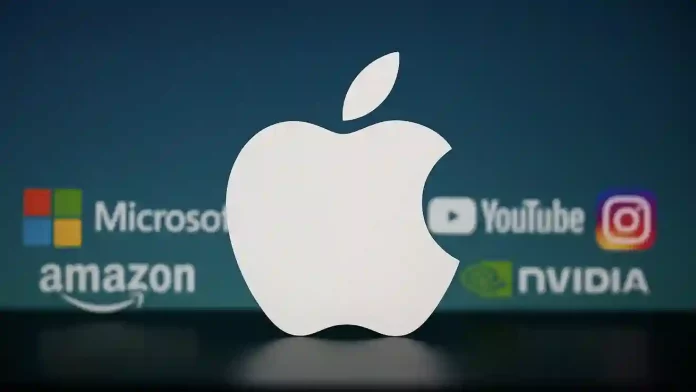Apple’s push into generative AI continues to attract attention, especially as details emerge about its upcoming Apple Intelligence suite. Despite earlier plans to launch a major Siri revamp this year, reports suggest Apple has postponed the rollout to 2026. That delay has fueled speculation about how the company plans to catch up with rival smartphone makers that have already integrated advanced AI systems.
According to new reports, Apple is now nearing a deal with Google to license a custom version of its Gemini model—at a reported cost of nearly $1 billion per year. Bloomberg says Apple could secure access to an “ultrapowerful 1.2 trillion parameter artificial intelligence model” that would serve as the foundation for the next generation of Siri, designed to make the voice assistant far more conversational and context-aware.
Siri powered by Gemini
The idea of Apple collaborating with Google may surprise some, especially given the companies’ long history of rivalry. Recent Pixel marketing campaigns have famously taken shots at Apple, yet mutual benefit could outweigh competition here. Apple has previously explored partnering with other third-party AI providers, even integrating access to ChatGPT within Siri. However, that solution requires several manual steps and does not fully offload
processing from Apple’s own systems.
If the Gemini deal moves forward, Siri would gain the ability to handle complex, multi-step queries natively—similar to how Gemini functions within Google’s Android ecosystem. That upgrade could dramatically improve Apple Intelligence, narrowing the performance gap between Apple’s ecosystem and that of competitors like Samsung, whose Galaxy AI features already rely on Gemini technology.
A strategic move in a crowded AI field
Apple’s entry into the generative AI space came later than most of its peers. Companies such as Microsoft, Google, and Samsung are already offering integrated AI experiences across devices and apps. By potentially partnering with Google rather than developing all the technology in-house, Apple could speed up its deployment while reducing infrastructure overhead.
Though the deal has yet to be finalized, signs point to growing collaboration between two of the industry’s most influential players. For users, that could mean a far more intelligent and responsive Siri experience when Apple Intelligence finally launches in 2026.





